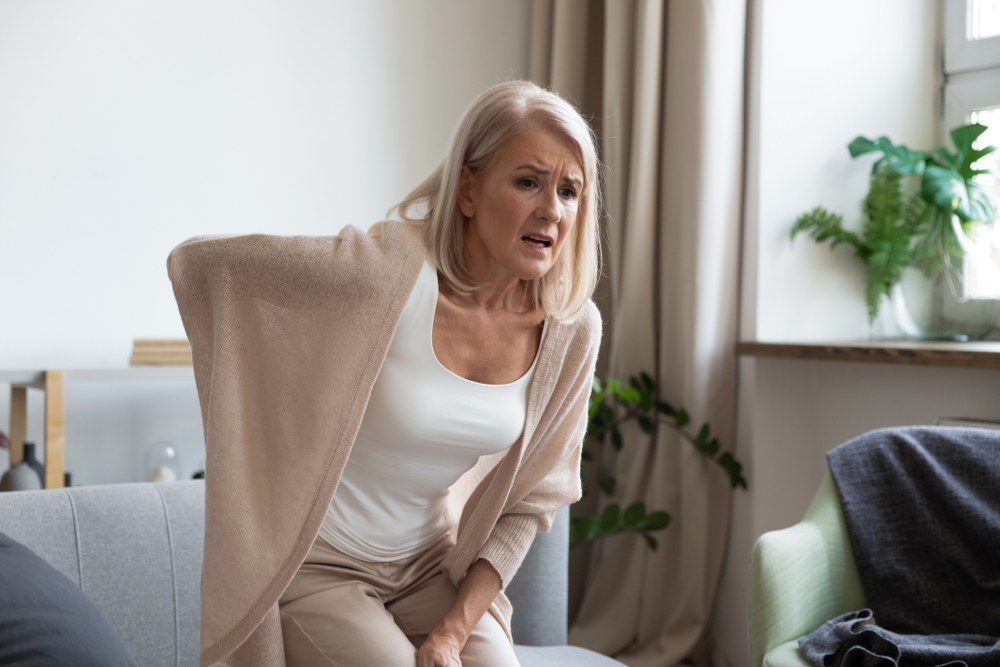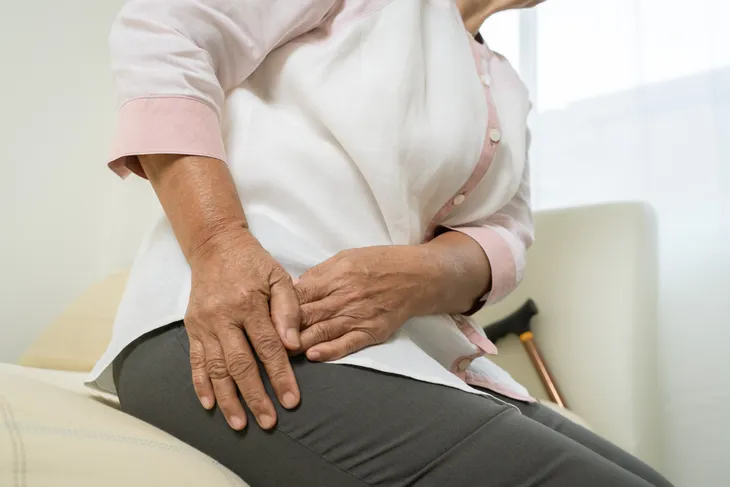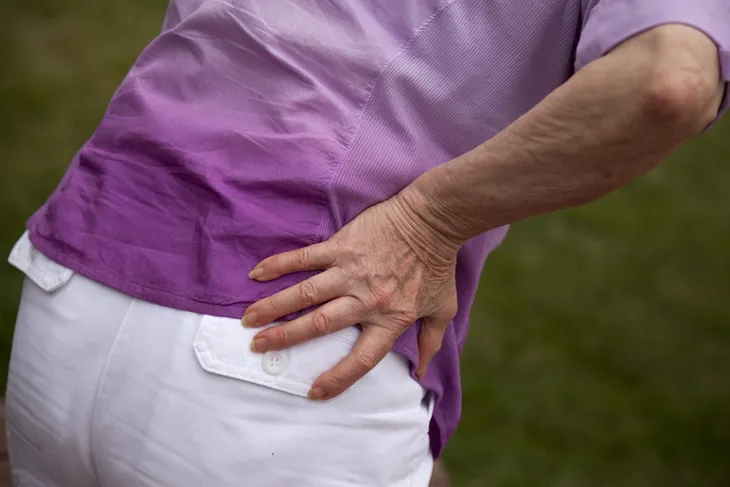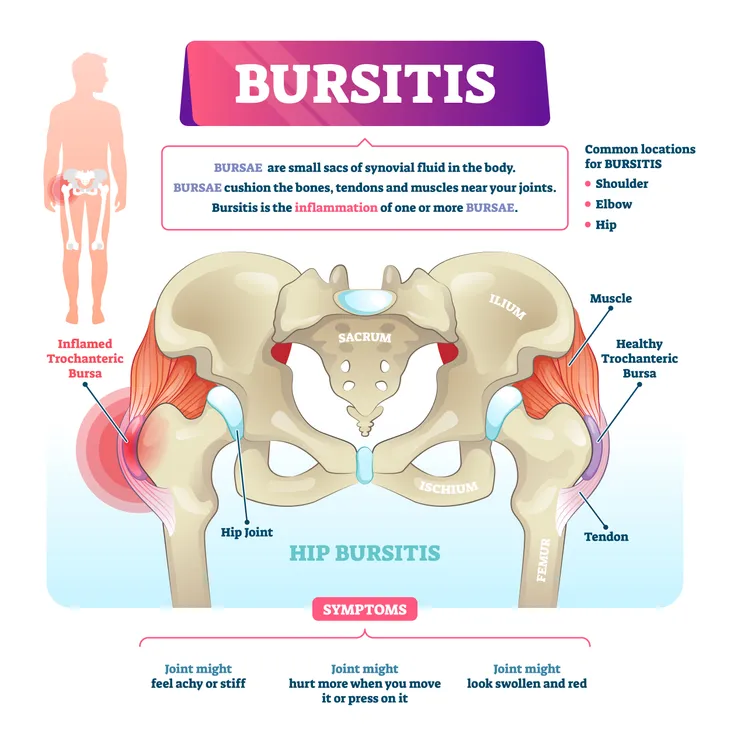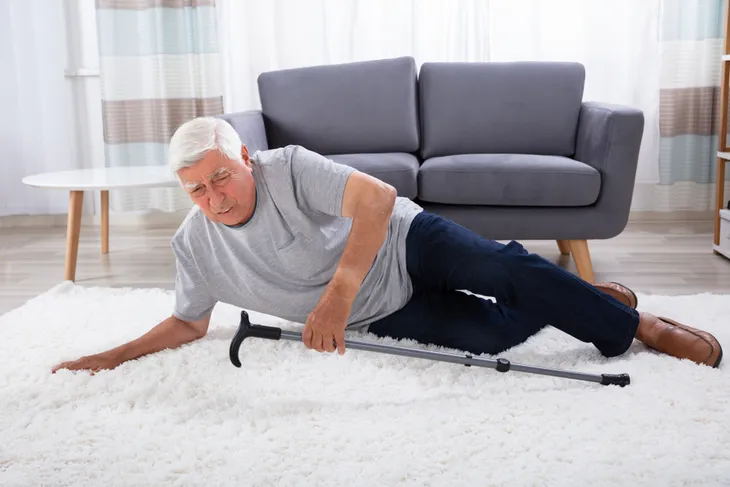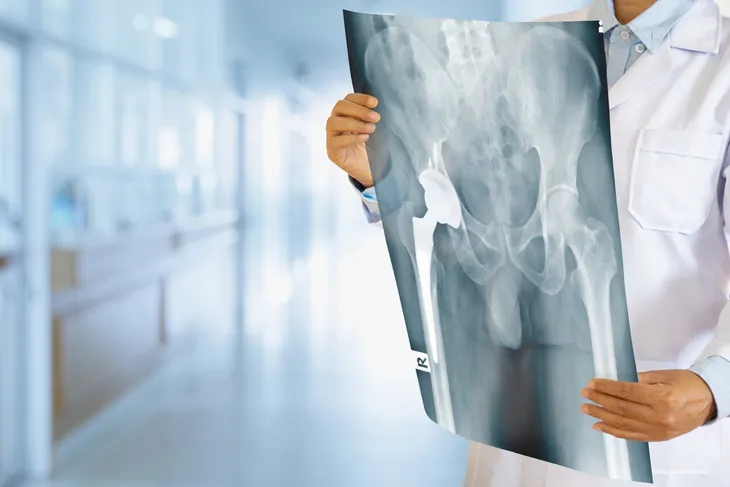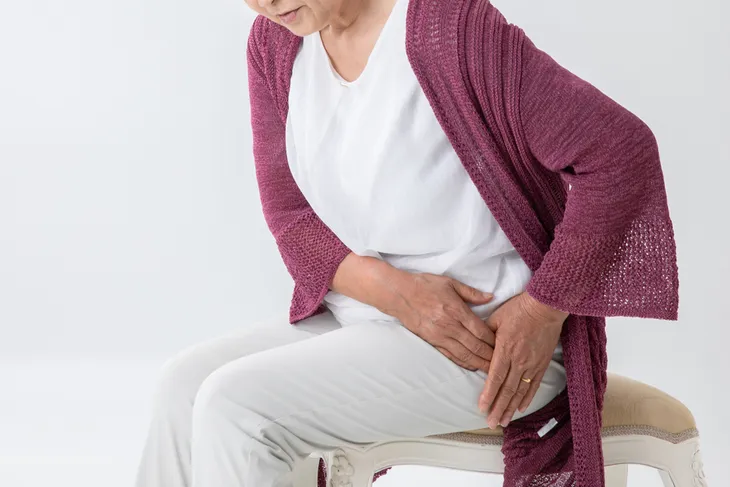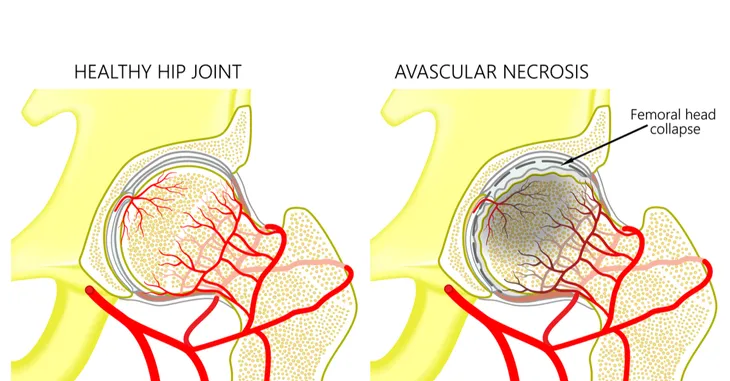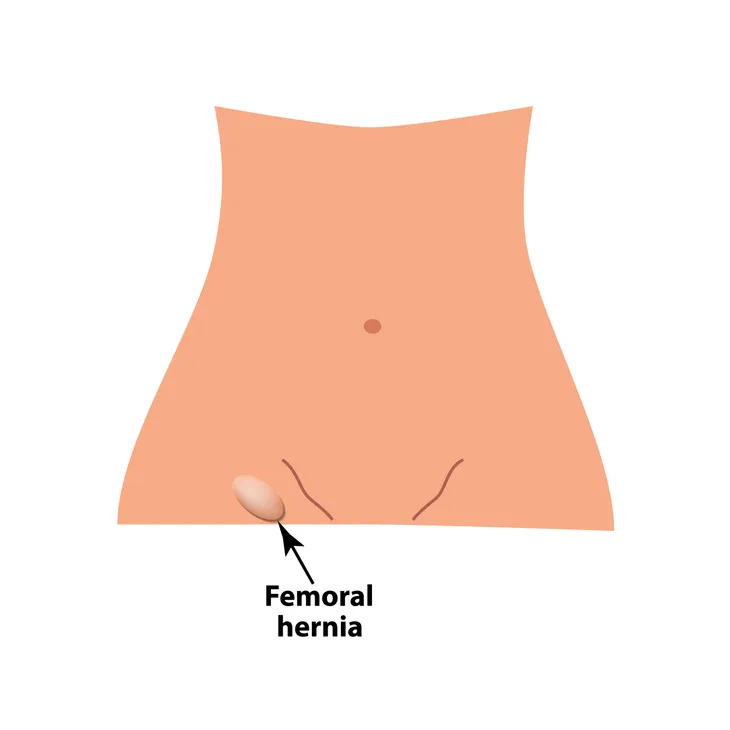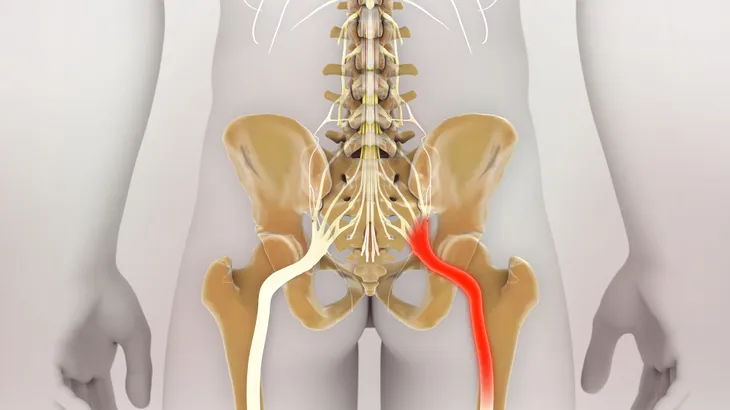Are you experiencing mild to excruciating hip pain? You’re not alone. Nearly one in four adults over the age of 60 will experience hip pain, making it a serious health concern for seniors.
Severe hip pain can be debilitating, and it may even prevent you from doing things you love to do. It’s even more frustrating that it can be hard to diagnose exactly what’s causing the pain. But, you should not feel defeated. Let’s explore the common causes of hip pain in seniors and then make sure you start a conversation with your doctor to find the root cause of your pain.
Hip Pain Caused by Arthritis
There are many different causes of hip pain but it’s most commonly caused by arthritis. The most common type of arthritis is osteoarthritis and it, unfortunately, affects millions of people worldwide.
The reason arthritis is so common in the hip area is because it’s the biggest ball-and-socket joint in the body and gets a lot of wear and tear. Symptoms of osteoarthritis can evolve slowly but will worsen over time. Some symptoms include pain, stiffness, tenderness, a popping or crackling sound, loss of flexibility, bone spurs, and swelling.
How to Treat Arthritis in the Hip
In many cases, the symptoms can be managed. That said, once there is damage to your joints, it can’t be reversed. This is why prevention and dealing with it as soon as possible is of the utmost importance.
Some great ways to reduce the pain and slow the progression of the disease are to make lifestyle changes. These include staying physically active with low-impact exercises and maintaining a normal weight by eating a healthy diet. Make sure you speak to your doctor to determine the best approach for you.
Hip Pain Caused by Tendinitis
Tendinitis occurs when a tendon, which attaches muscle to bone, is inflamed. It is often caused by overuse of a tendon or from an injury to the tendon.
It can happen to any tendon in the body, but it is most common in the shoulders, elbows, wrists, knees, and hips. Furthermore, tendinitis can arise at any age, but seniors are more susceptible because our tendons tend to lose elasticity and become weaker as we age.
Hip Pain Caused by Bursitis
Bursitis develops when a bursa becomes swollen. A bursa is a tiny fluid-filled pad that acts as a cushion between the muscle and bone. It plays an important role in making your joints more flexible.
The most common areas for bursitis are in your hips, elbows, and shoulders. Even though bursitis can develop in younger people, it’s more common in people who are diabetic, overweight, and the elderly.
How to Treat Tendinitis and Bursitis
If you are suddenly experiencing hip pain caused by tendinitis or bursitis, the good news is there are ways you can treat it. For starters, you definitely want to rest the area. You can also ice the area for up to 15 minutes a few times a day.
When sleeping or resting on your side, you may want to put a cushion between your legs. If your symptoms worsen after resting and icing the area, you should make an appointment to see your doctor for an evaulation.
Hip Pain from Falling
Hip pain caused by a fall is very common. Unfortunately, falls are one of the top causes of injury in seniors. Seniors are more susceptible to falls due to poor eyesight and hearing, as well as illnesses or physical conditions that can affect strength and balance.
Roughly 300,000 people endure a hip fracture every year in the US, and 85-percent of these fractures occur in people who are 65 years and older. Thankfully, there are things you can do to help prevent falls. This includes maintaining a healthy lifestyle through diet and regular physical exercise. Check out these exercises that help prevent falls.
How to Treat a Hip Fracture
If you did recently suffer a fall and are now experiencing hip pain, there is a chance that you have fractured your hip. In most cases, a hip fracture will require surgery to repair or replace the hip, followed by physical therapy.
Your doctor will consider a few things, such as age and overall health, before determining the best course of action. Hip fractures are very serious, which is why you should seek medical attention if you’re experiencing hip pain after a fall.
Hip Pain Caused by Cancer
There are several types of cancer that can give rise to the symptom of hip pain. These types of cancer include primary bone cancer, chondrosarcoma, metastatic cancer, and leukemia.
The good news is hip pain caused by cancer is quite rare, but it’s definitely still worth noting. If you’re experiencing hip pain that is severe, getting worse, or not getting better, it’s time to see your doctor.
Hip Pain Caused by Osteonecrosis
Osteonecrosis (also called avascular necrosis) is the deterioration of bone tissue caused by lack of blood supply. This can lead to small breaks in the bone and can even cause the bone to eventually collapse.
Osteonecrosis develops in stages and most commonly starts with hip pain as the first symptom. You may also experience a dull or throbbing pain in the groin and buttock areas. However, as the disease advances, it’ll become more difficult to stand and put weight on the hip.
Osteonecrosis most commonly occurs between the ages of 40 and 65, which means seniors are at risk. It can take up to a year to fully progress, which is why it’s very important to diagnose the disease early.
Hip Pain Caused by Septic Arthritis
Your hip pain may be caused by septic arthritis. This is a painful infection in a joint that can come from germs that travel through your bloodstream. Unfortunately, infants and seniors are the most likely to develop septic arthritis. Other risk factors include diabetes, rheumatoid arthritis, hip osteoarthritis, hip or knee prostheses, and recent joint surgery.
In addition to hip pain, other common symptoms include fever and swollen and tender joints. If you experience any of these symptoms or have a sudden onset of severe joint pain, be sure to seek medical attention right away to prevent joint damage.
Hip Pain Caused by Hernias
Femoral hernias may be the cause of your hip pain, especially in the front (anterior) aspect of the hip joint. Other signs and symptoms of a femoral hernia include a bulge in the upper thigh (next to the groin), discomfort when standing and straining, and (in severe cases) you may even experience abdominal pain, nausea, and vomiting.
While the exact cause is usually unknown, there are a few things that put you at a greater risk of developing a femoral hernia. This includes childbirth, heavy lifting, straining during bowel movements, being overweight, and chronic coughing and sneezing.
Femoral hernias can certainly occur in both males and females, but they occur about 10 times more frequently in females. This is due to the wider bone structure of the female pelvis. If you have an enlarged femoral hernia make sure you get checked out by your doctor.
Hip Pain Caused by Sciatica
The sciatic nerve is the largest single nerve in the body. Those who suffer from sciatica feel a pain that radiates down the nerve pathway. This can be felt in the lower back, hip, and buttock, as well as the back of your thigh and calf. Sciatica symptoms and the severity of the pain can vary from person to person. For some, it’s a mild ache, while others feel a sharp burning sensation. In the worst cases, it can be excruciating pain.
Adults over the age of 50 have an increased risk of sciatica thanks to deteriorating bones, nerves, and muscles. The good news is, if you’re experiencing mild pain from sciatica, it will likely clear up on its own. That said, if you’re feeling numbness, weakness, pain following a violent injury, or trouble controlling your bladder or bowels, you should seek medical attention immediately.
